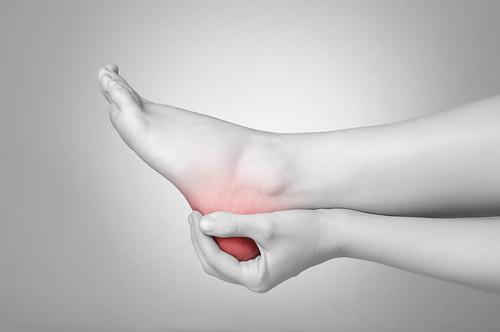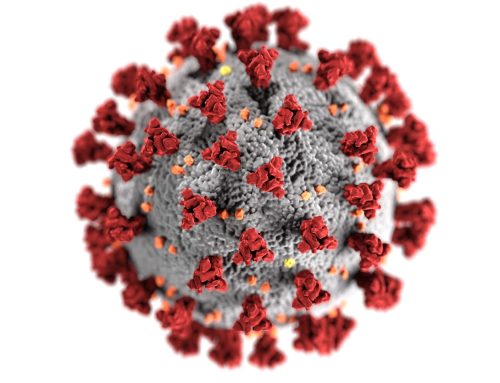Inflammation is a natural process that helps your body to protect its tissue and function. Unfortunately, it can also cause unintended short- and long-term consequences. Knowing more about the process of inflammation can help people of all ages and abilities take better care of their physical health; whether they’re athletes fine-tuning their performance, parents caring for children, or anyone managing an injury. It’s important to know what inflammation can do to the body, what treatment options are available, and what steps can be taken to prevent excessive or chronic inflammation in the future.
What Is Inflammation?
Inflammation is a way for the body to protect itself from damage or infection caused by foreign bodies, irritants, or pathogens, such as viruses and bacteria. Sometimes, as in autoimmune diseases, a body can even perceive its own tissue as a harmful. To fight infections, the body increases white blood cell production. These cells enter the bloodstream, and blood flow increases to the area of the infection or injury. As a result, the area inflames; sometimes actually turning red and warm to the touch.
What Can Inflammation Do to the Body?
People who experience inflammation can have several types of symptoms. Some of the more common symptoms include pain and stiffness, loss of function, redness, and sore, swollen joints. Inflammation can either be short-lived or long-lasting. The short-lived type, also called acute, goes away within a few hours or days. Long-lasting inflammation, also called chronic, can last several months or years. Asthma, rheumatoid arthritis, diabetes, psoriasis, and heart disease are all linked to chronic inflammation in the body.
As inflammation progresses and becomes chronic, it can start damaging healthy body tissues, such as arteries, organs, and joints. If it continues untreated, it can contribute to other chronic diseases and conditions, such as Alzheimer’s disease, atherosclerosis, and cancer. This is why it’s so important to talk about any symptoms of inflammation with your JCMC healthcare provider. Your doctor will be able to help identify and treat inflammation and its symptoms.
How Can People Prevent Inflammation?
The good news is that you can take steps to prevent and even reduce an inflammatory response. Some critical ways to minimize your risk include these steps suggested by Johns Hopkins Medicine:
- Stop smoking. Smoking damages blood vessels, so quitting cuts the risk of heart disease in half.
- Eat heart-healthy foods. Most types of processed foods can produce inflammation, whereas whole foods are anti-inflammatory. Fatty fish, nuts, fruits, and vegetables are also smart choices.
- Get active. Exercising for about 20 minutes daily can decrease inflammation.
What Treatment Options Are Available?
Treating inflammation involves attempts to slow down the process of the disease, maintain joint movement, and ease overall pain. Before treatment options are discussed, a physician will ask about the patient’s medical history and perform a physical exam. The doctor will ask if the joints are stiff in the morning and then determine if the painful joints have any inflammation. From there, the doctor might have several treatment plans in place, depending on the patient’s age, type of disease, overall health, and severity of the symptoms. There is no one-size-fits-all solution; you must talk to your JCMC healthcare provider for a customized plan.
The doctor might suggest starting with non-steroidal anti-inflammatory drugs, as they counteract the enzymes that cause inflammation. Depending on the body’s reaction to these medications, a doctor may prescribe more powerful anti-inflammatory medications. The doctor will also discuss an appropriate plan for rest, exercise, and physical therapy.
Although a necessary part of healing, inflammation can cause serious health problems if it’s a chronic issue. Don’t suffer in silence — talk with your JCMC healthcare professional today.







